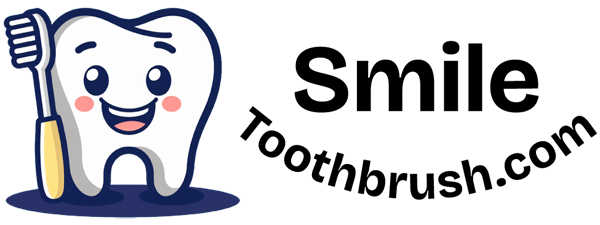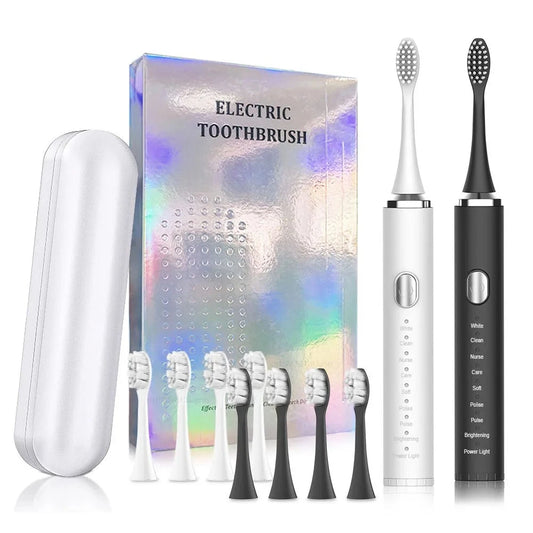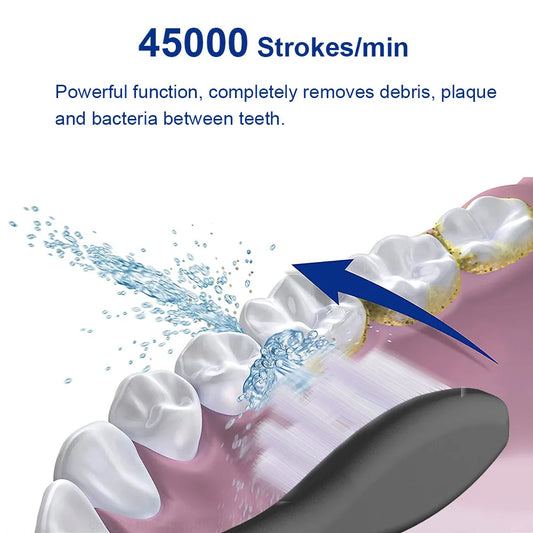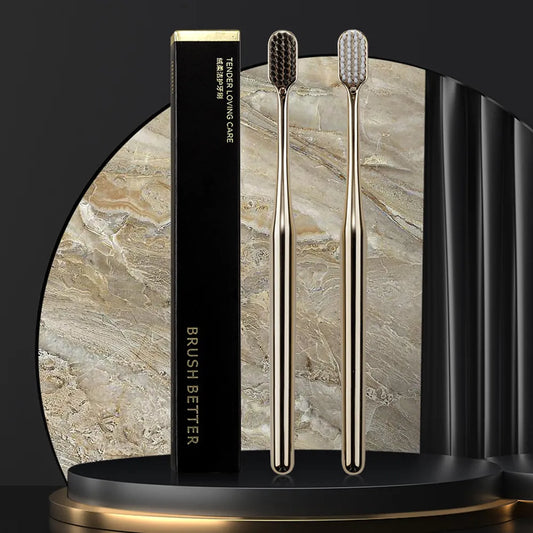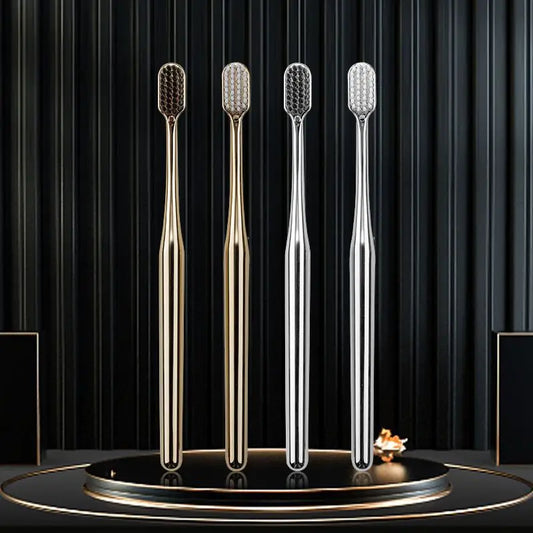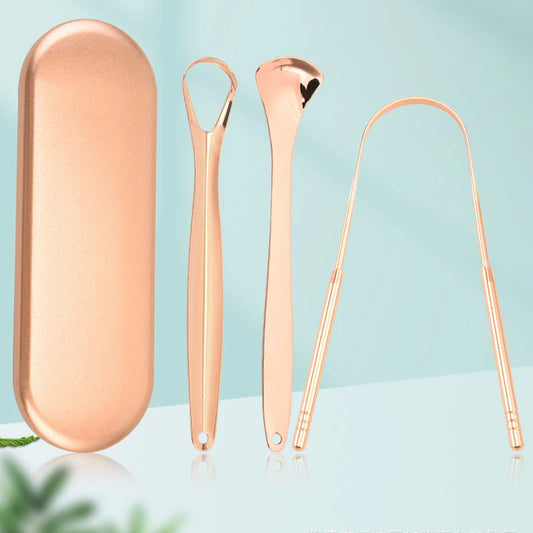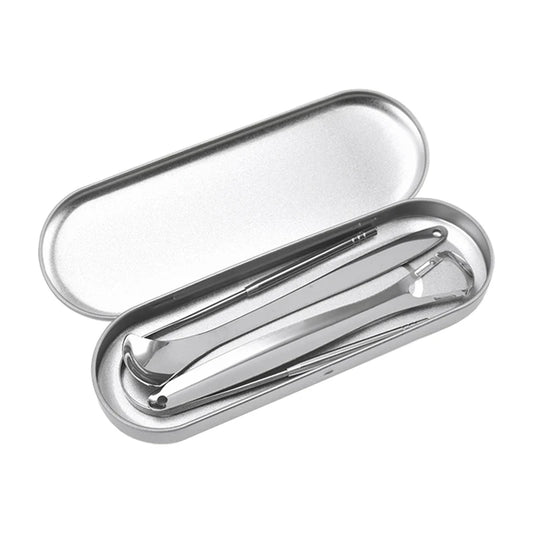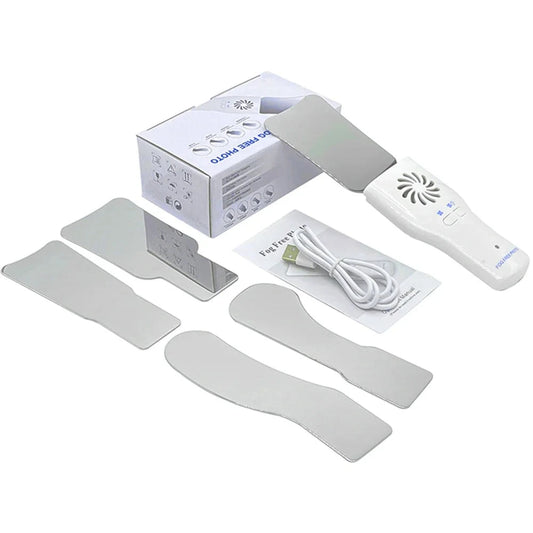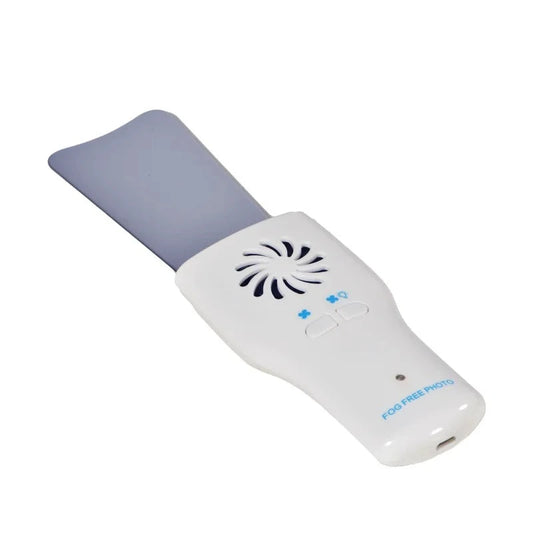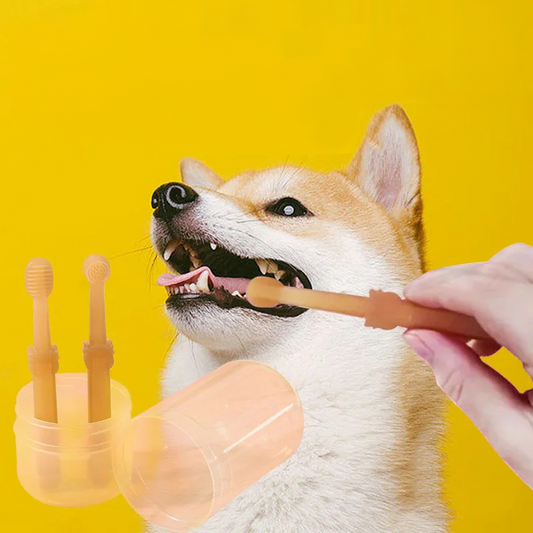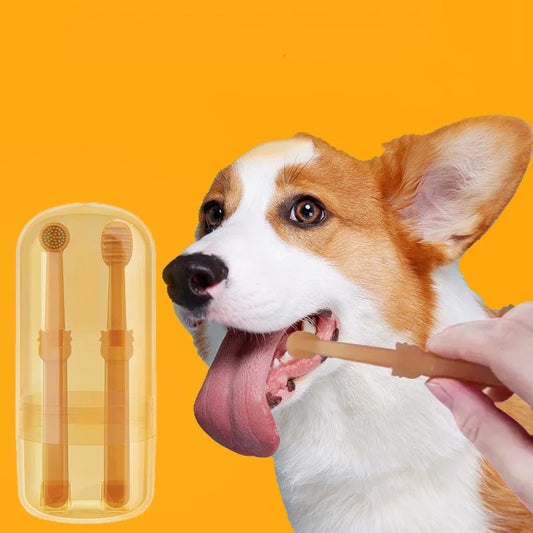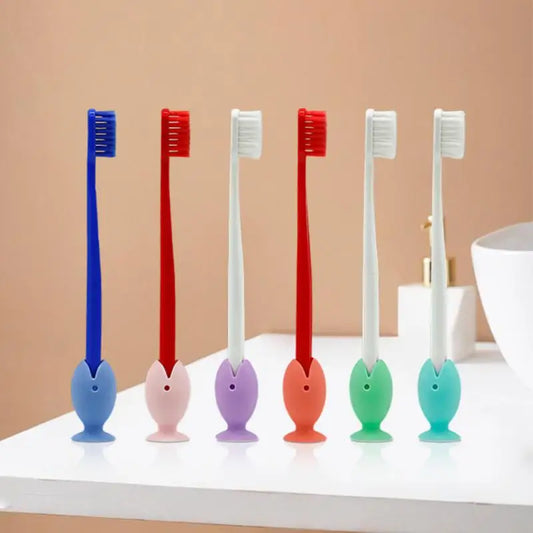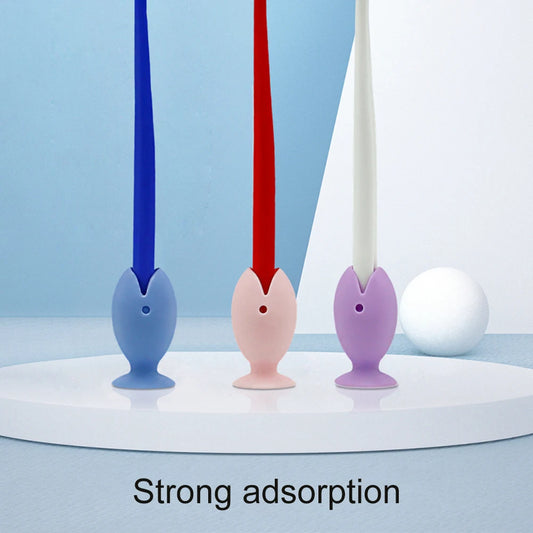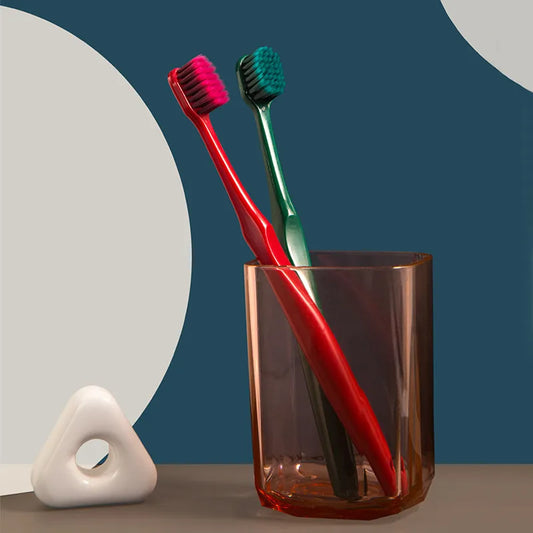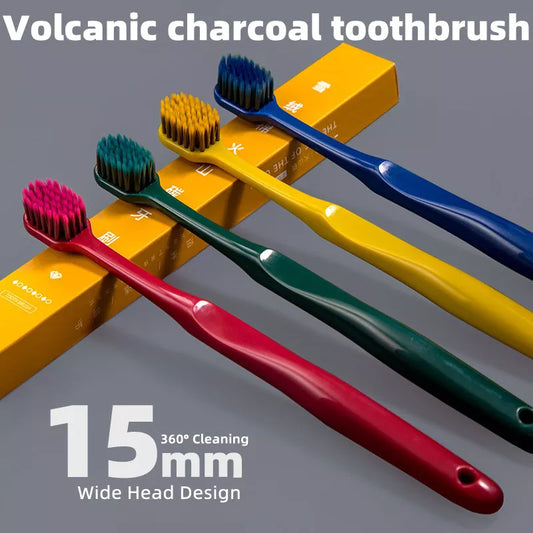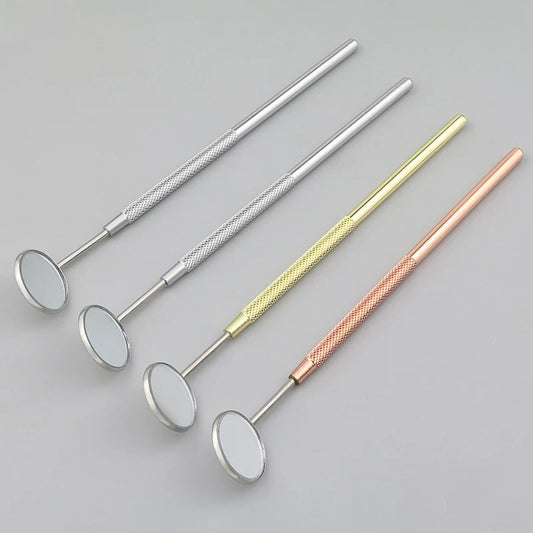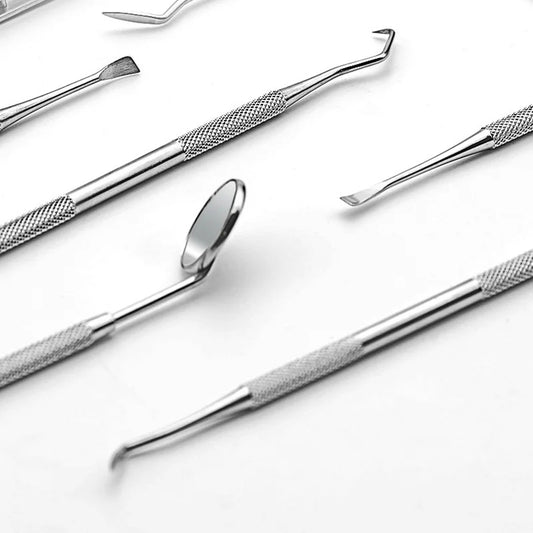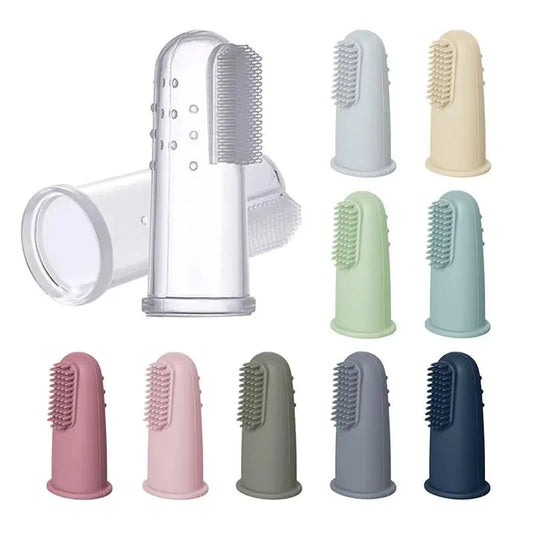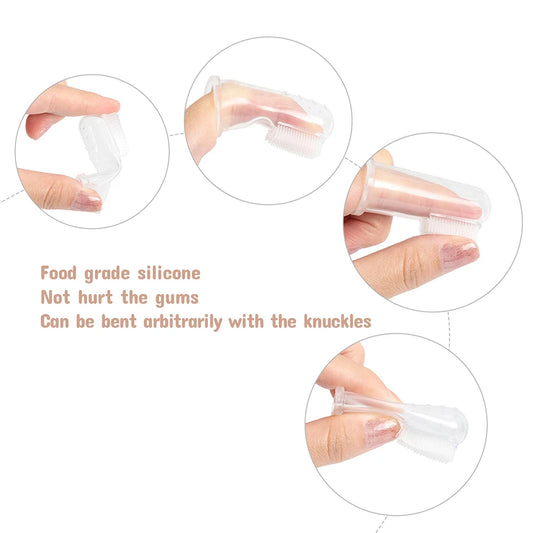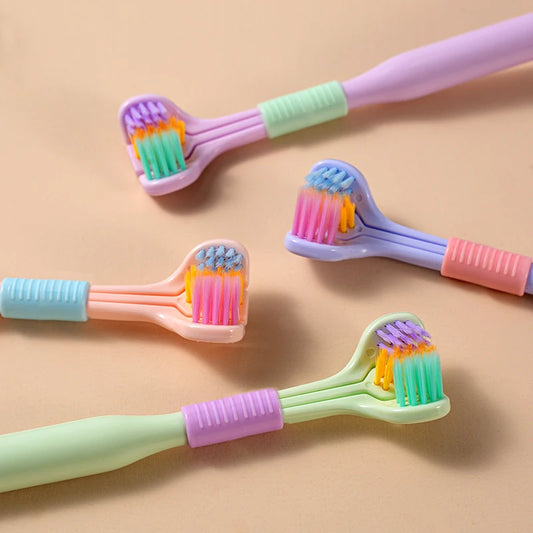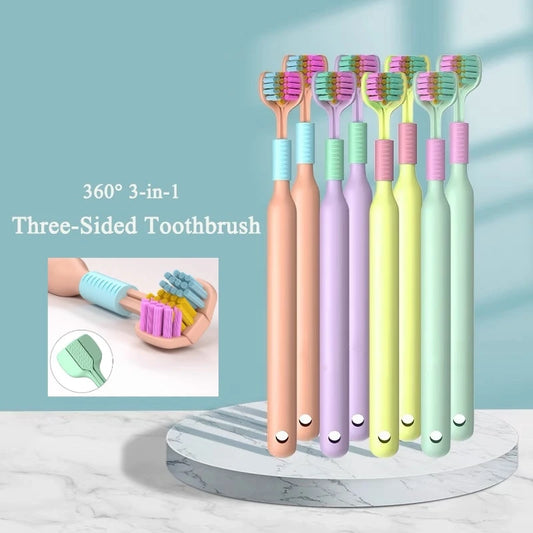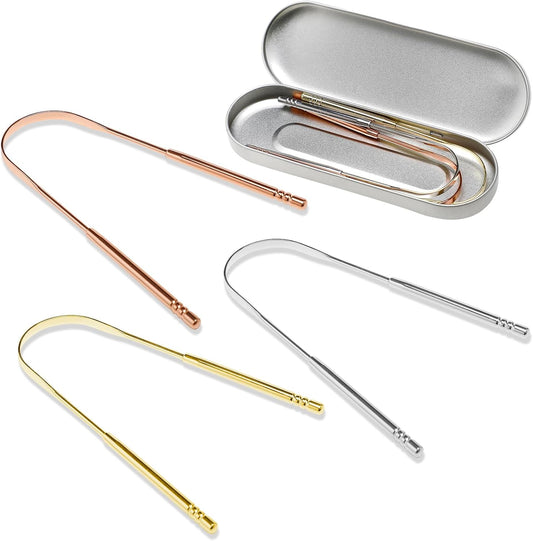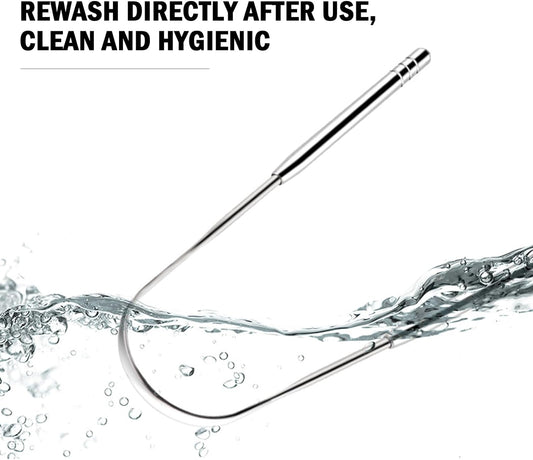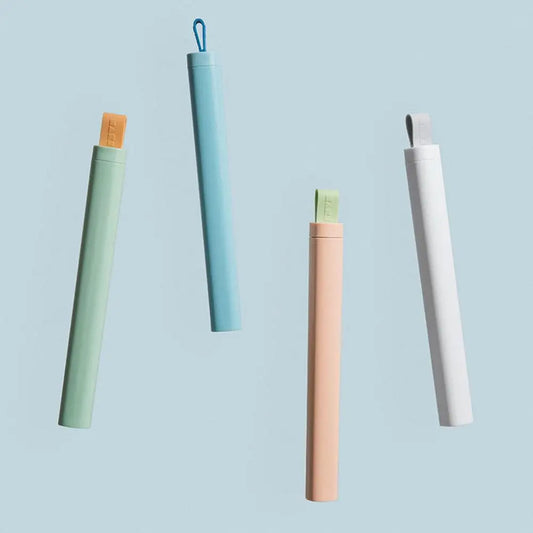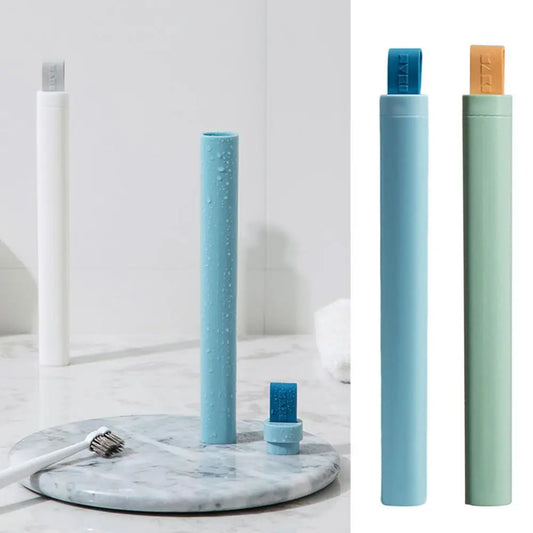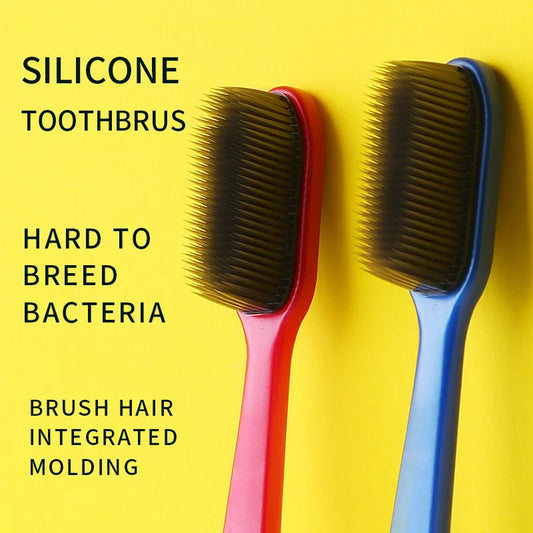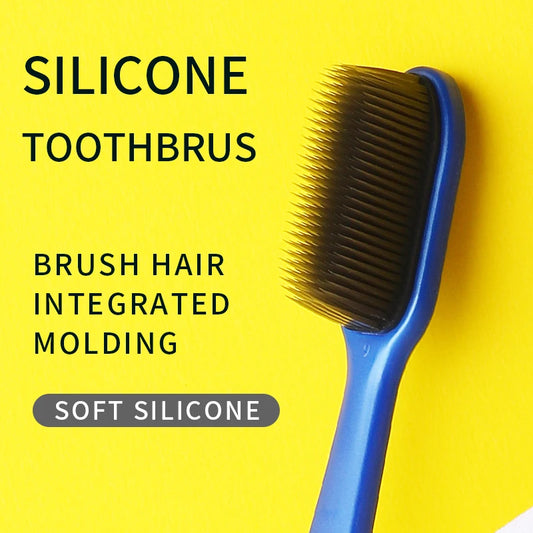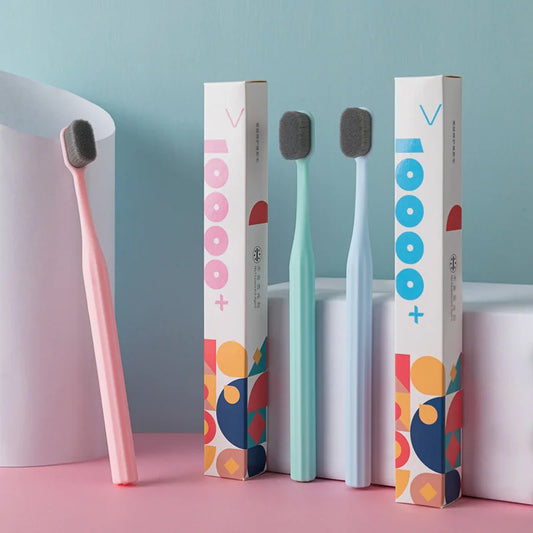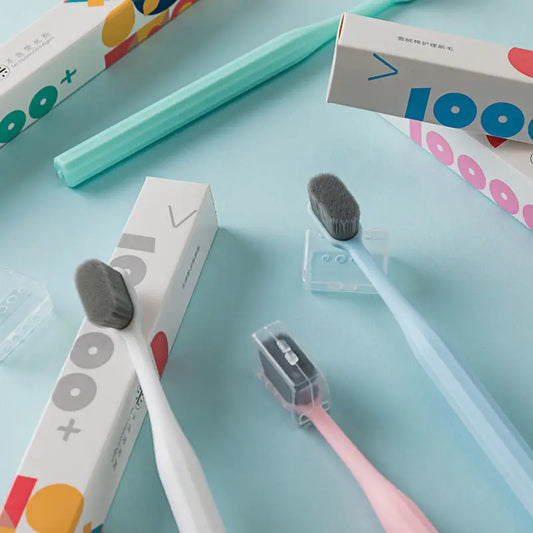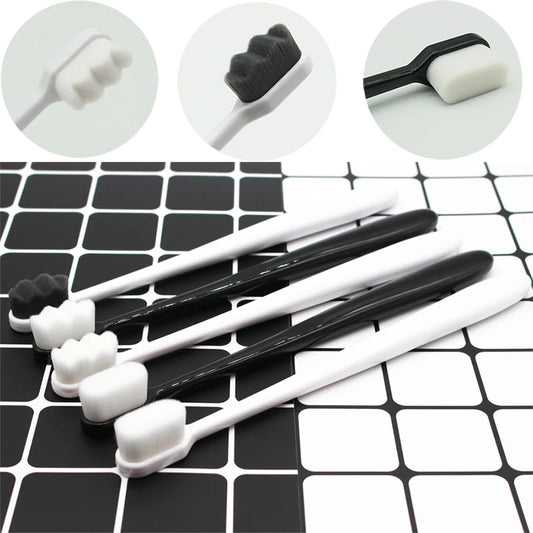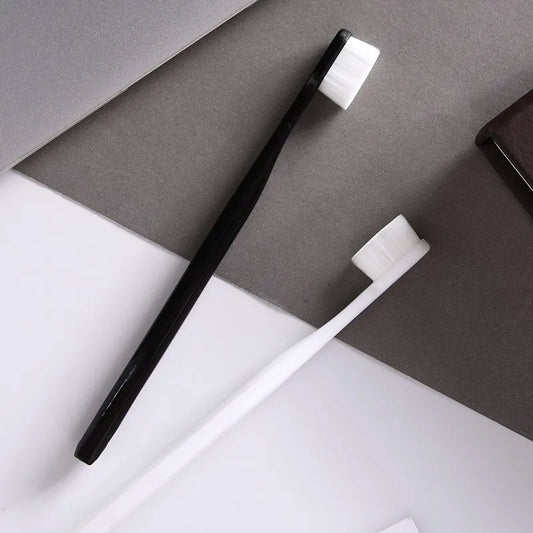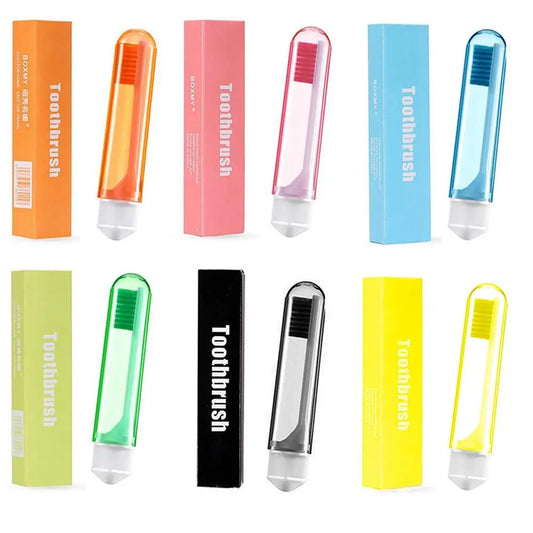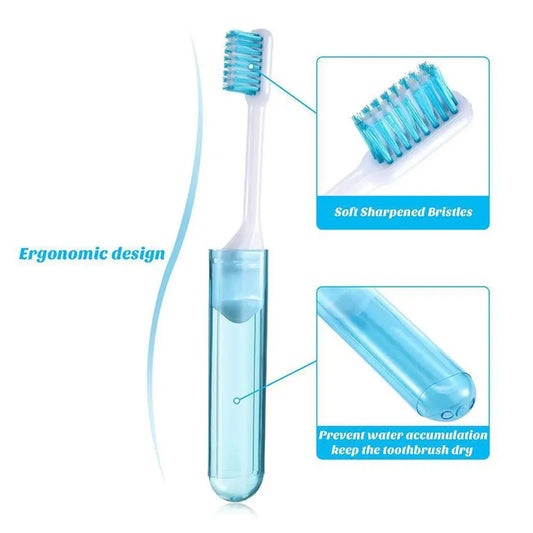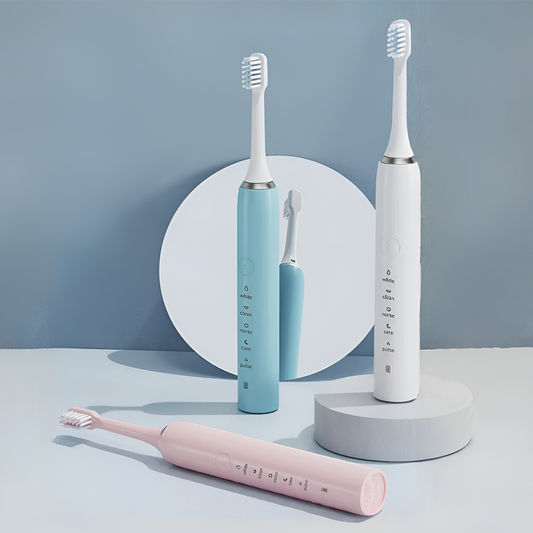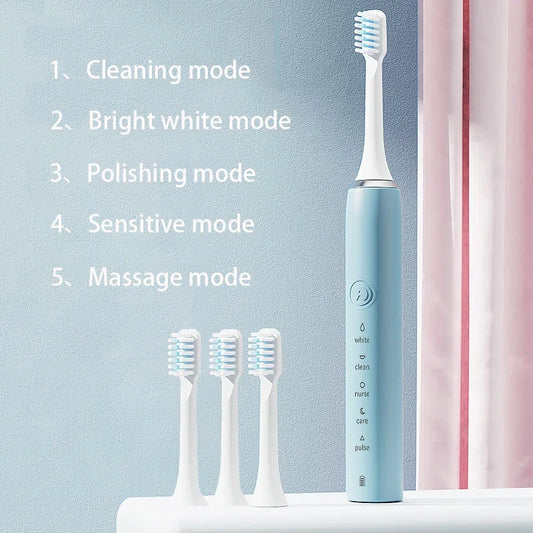Sports are exhilarating and great for physical health, but they can also pose risks to your oral health. From accidental impacts to neglecting proper oral care routines, athletes face unique challenges in maintaining a healthy smile. This guide explores the connection between sports and oral health, along with practical tips to protect your teeth during high-impact activities.
The Risks to Oral Health in Sports
Dental Injuries
- High-impact sports like football, hockey, and basketball increase the risk of broken teeth, jaw injuries, and soft tissue damage.
- Even non-contact sports like cycling or gymnastics can result in accidents leading to chipped or lost teeth.
- The pressure to perform can lead to stress-related tooth grinding, causing enamel erosion, jaw pain, and headaches.
Dry Mouth from Dehydration
- Intense physical activity often causes dehydration, which reduces saliva production. Saliva is crucial for neutralizing acids and washing away harmful bacteria.
Dietary Choices
- Athletes often consume sugary energy drinks, gels, or bars, which can lead to tooth decay and cavities.
How to Protect Your Teeth During Sports
Wear a Mouthguard
- A custom-fitted mouthguard is one of the best ways to protect your teeth and jaw during high-impact sports.
- It absorbs shocks, prevents teeth from clashing, and reduces the risk of soft tissue injuries.
Stay Hydrated
- Drink plenty of water during and after exercise to combat dry mouth.
- Avoid sugary sports drinks, and opt for water or sugar-free electrolyte options.
Maintain Good Oral Hygiene
- Brush and floss daily to keep your teeth strong and free from decay.
- Use fluoride toothpaste to strengthen enamel, especially if your diet includes acidic or sugary items.
Regular Dental Checkups
- Visit your dentist regularly to monitor your oral health, check for damage, and get professional cleanings.
- Mention any sports-related habits or injuries during your checkup to get tailored advice.
Avoid Risky Behaviors
- Avoid chewing on non-food items like mouthguards, pens, or fingernails, as they can damage your teeth.
- Replace damaged or worn-out mouthguards promptly to ensure effective protection.
Choosing the Right Mouthguard
Mouthguards come in three main types:
Stock Mouthguards
- Pre-made and ready to wear, but often bulky and less comfortable.
Boil-and-Bite Mouthguards
- Moldable options that provide better fit and protection than stock versions.
Custom-Fitted Mouthguards
- Made by a dentist, these offer the best fit, comfort, and protection but are more expensive.
For high-impact sports, investing in a custom-fitted mouthguard is highly recommended.
Why Oral Health Matters for Athletes
Poor oral health can negatively impact athletic performance. Conditions like tooth decay, gum disease, or chronic mouth pain can affect concentration and overall well-being. By prioritizing oral care, athletes not only protect their teeth but also support their physical performance.
Conclusion
Sports should be a celebration of strength, agility, and passion—not a reason to compromise your oral health. By taking simple precautions like wearing a mouthguard, staying hydrated, and maintaining proper oral hygiene, you can keep your teeth safe while excelling in your favorite activities.
Your smile is worth protecting, both on and off the field. Are you ready to take the next step? Browse our selection of toothbrushes and oral care products tailored to active lifestyles today!
